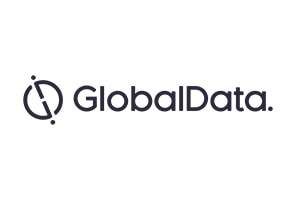This month, Merck’s Mavenclad (cladribine) become available in the UK to treat highly active relapsing multiple sclerosis (MS). Mavenclad is the first high efficacy, infrequent dosing oral agent approved for this type of MS.
Mavenclad was approved by the European Medicine Agency (EMA) in August based on data from the Phase III CLARITY trial, which showed that Mavenclad reduced the annualized relapse rate by 67% compared to placebo, and also reduced the risk of six-month confirmed expanded disability status scale (EDSS) progression by 82% compared with placebo. Prior to the nod from the EMA, Mavenclad experienced a difficult regulatory approval processes. The drug was initially rejected by both the EMA and the FDA in 2011 based on concerns about an increasing risk of cancer and the drug’s effects on the immune system from its Phase III CLARITY trial. Subsequently, Merck terminated Mavenclad’s development. However, Merck resumed its development in 2015, and this time it was a success.
Mavenclad has several notable advantages over other disease-modifying treatments (DMTs) for MS. One key advantage is that it has the lowest treatment and monitoring burden out of all the available DMTs for MS. Mavenclad only requires 10 treatment days per year for two years, and as demonstrated in the Phase III CLARITY EXTENSION study, with no further treatment required for up to four years. This translates to greater convenience for patients, and it is also likely to reduce the UK’s National Health Service’s (NHS) hospital and monitoring costs associated with other infusion-based therapies.
Merck is now in discussions with the relevant reimbursement authorities across the UK with the aim of securing funding for the drug. Reimbursement decisions for Mavenclad might be interesting, as cladribine generics are currently available, although they are indicated for other indications and in an injectable solution formulation instead of oral tablets. However, according to the British National Formulary (BNF), cladribine generics cost just £165 ($221) per treatment course or £1,650 ($2211) per year, assuming 10 treatment days per year, which is approximately 10% of the average annual cost of therapy for MS in the UK.
Currently, treatment options in MS patients with high disease activity are dominated by various high-efficacy monoclonal antibodies. Mavenclad has the potential to disrupt the MS DMT space by offering patients the choice of a high efficacy oral agent with very good clinical convenience.

US Tariffs are shifting - will you react or anticipate?
Don’t let policy changes catch you off guard. Stay proactive with real-time data and expert analysis.
By GlobalData




